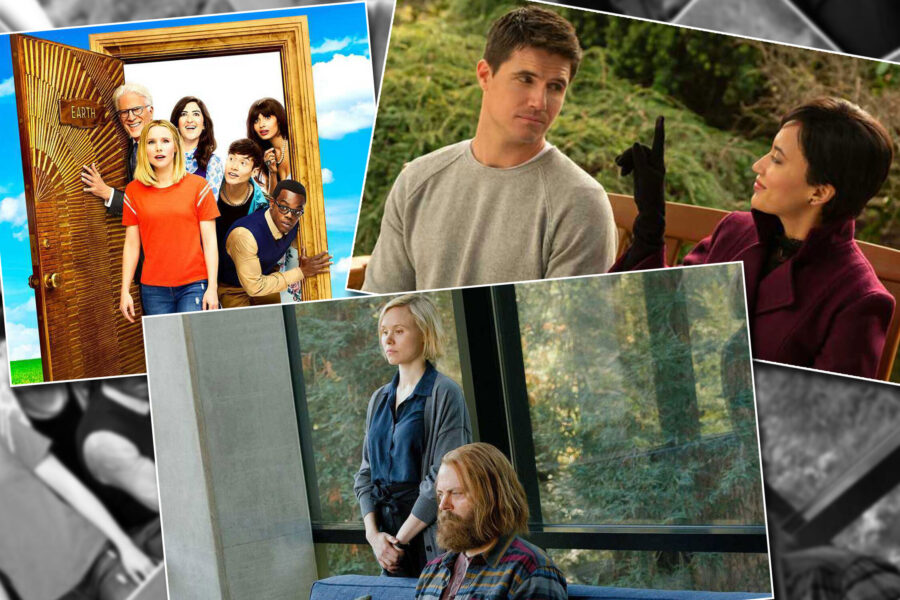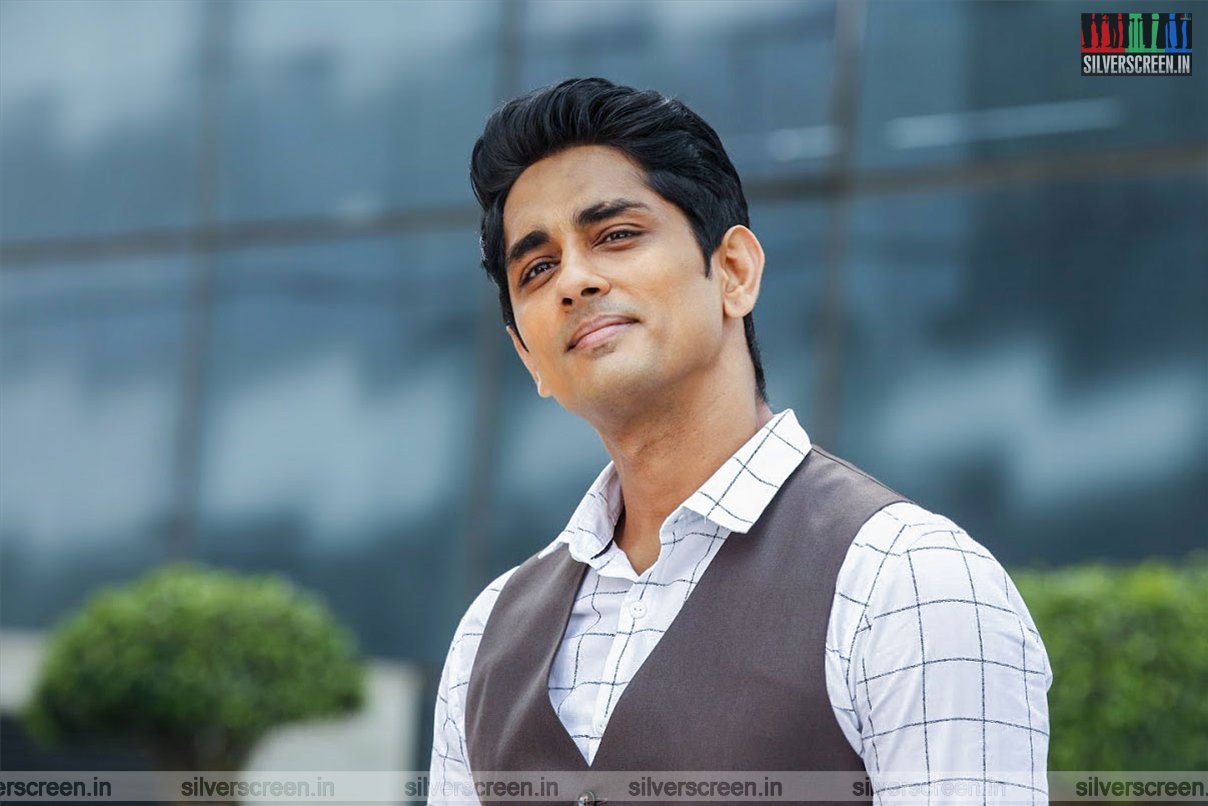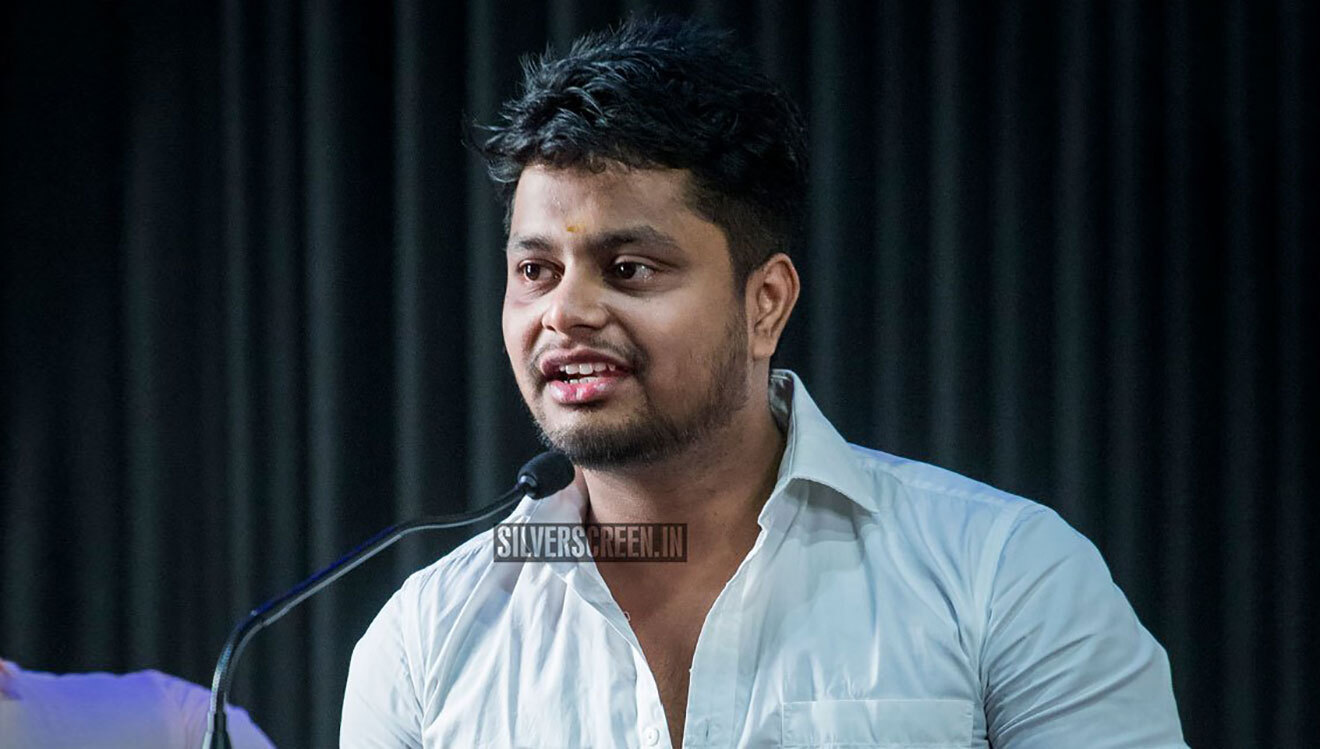The spectre of death has spread everywhere across the world, really, but America, with over 80,000 COVID-19 deaths, has been hit harder than anybody else. After 9/11, several American storytellers, across media, turned their attentions towards mortality — Alice Sebold’s 2002 novel The Lovely Bones was narrated by a girl speaking to us from the afterlife, for example, and the TV show Six Feet Under (about a family of morticians) started to blossom into something unique and distinctive.
Not that the makers could’ve planned it that way, but America finds itself with a whole bunch of TV shows about death and the afterlife right now, bang in the middle of the coronavirus crisis. There’s Amazon Prime Video’s Upload, Hulu’s Devs (streaming on Hotstar in India), the Maya Rudolph/Fred Armisen show Forever (which Amazon cancelled last year after just one season) and the new Netflix animated show The Midnight Gospel, in which an alien named Clancy interviews citizens of dying worlds on mortality, death, re-birth and so on. And, of course, there’s NBC’s The Good Place (now available on Netflix), which wrapped up earlier this year, the undisputed champion of this genre.
It’s only natural that stories about the afterlife delve into human morality: everybody takes stock of their lives, particularly if they’re dead. However, up until now these shows have concerned themselves more with individual morality. Forever sees a husband and wife struggling to replicate their steady-but-unexciting marriage in the afterlife, which leads them to rethink their views on fidelity and so on. The Good Place, of course, with its versions of hell and heaven and angels and demons, was all about individual morality, a deep dive into everything that’s part of being a good person. It’s an ambitious venture.
But the latest shows—Upload and Devs, especially—are also quite ambitious in their own ways—the only difference is that they are more concerned with collective morality rather than individual foibles. They try to make statements (with varying degrees of success) about the collective morality of corporations, governments, societies.
In the very first episode of Upload, we meet the recently-deceased Nathan (Robbie Amell), whose ‘soul’ (ie his memories, likes, dislikes—the sum total of his life) has recently been ‘uploaded’ onto a digitally created afterlife. Since Nathan’s rich girlfriend Ingrid has paid for everything, this particular afterlife, called Lakeview, is a supposedly high-end product, and Nathan has just met his ‘angel’, which is to say, his Lake View handler, a young woman named Nora (Andy Allo). The following exchange is indicative not only of the show’s overarching themes and concerns — but also the tonality that seeks to downplay the religious (life/death, heaven/hell) binaries of the situation; in any case, the religion bit is conveyed by the visuals, a let-there-be-light sequence from Nathan’s point of view as he wakes up.
NORA: Do you see anything?
NATHAN: I see an old-fashioned room, looking over a lake. Beautiful trees.
(…)
NORA: Welcome to Lake View by Horizen, the only digital afterlife modelled on the grand Victorian hotels of the United States and Canada. Uplifting views, healthy pursuits… timeless Americana.
NATHAN: Are there slaves?
NORA: Are you serious? (pause) Lake View is open to all races, religions, genders, absolutely anybody.
The irony of that last sentence hits home because the important part is unsaid: Lake View is open to absolutely anybody—anybody who can pay its exorbitant fees, that is. That this line is said by Nora, a black woman, to Nathan, a white man, only reinforces the shallowness and the historical ignorance of Lake View’s faux-egalitarianism.
As the series progresses, the show becomes even more allegorical—we learn that Nathan, a software engineer during his lifetime, had developed a free-for-all version of Lake View. And because a free-of-cost afterlife would sink the multi-billion dollar afterlife industry, Nathan was murdered before he could release his product. We are also introduced to the ‘2Gigs’, people living in a squalid, prison-like afterlife in a hidden basement-like level in Lake View, ‘frozen’ for large chunks of time because their relatives could not purchase more data for their digital avatars—even as their Lake View counterparts feast on full English breakfasts every morning.
What are these plot points if not allegories for one of America’s most-discussed issues of the day—Medicare For All? M4A is the idea that private healthcare and insurance should be abolished and the state guarantees medical care for everybody. Nathan, again and again, expresses outrage at the idea that people can be denied an afterlife—and worse, their lives are lost, ‘deleted’ forever—just because they are not rich. His product is clearly analogous to Medicare For All. And just like the Bernie Sanders campaign was vociferously opposed (as it turned out, successfully) by the so-called “corporate wing” of the Democratic Party (which is to say, politicians whose coffers depend heavily upon Big Tobacco, Big Oil and so on), large corporations conspire to kill off Nathan before he can release his free digital afterlife.
Recommended
Devs, meanwhile, picks up the ‘corporate conspiracy against the people’ thread in its own way. The protagonist Lily (Sonoya Mizuna) is another computer engineer, naturally—and with Devs there’s little to no ambiguity. The company Lily and her boyfriend work for, Amaya, is presented squarely as the villain. Between the choice to make a life-improving product and the choice to make unprecedented amounts of money, companies will always choose the latter; the show tells us in no uncertain terms. Significantly, its creator, the writer and filmmaker Alex Garland, had previously written the screenplay for the film Never Let Me Go, based on the Kazuo Ishiguro novel of the same name—that story, of course, revolved around mortality and existentialism and the very meaning of having a ‘soul’.
“You can’t name a random event; there are no random events,” goes a great line from Devs. If you were to watch Upload and Devs back-to-back, however, the only thing which feels organised and pre-meditated is capitalism chipping away at human dignity, piece by discounted piece.



